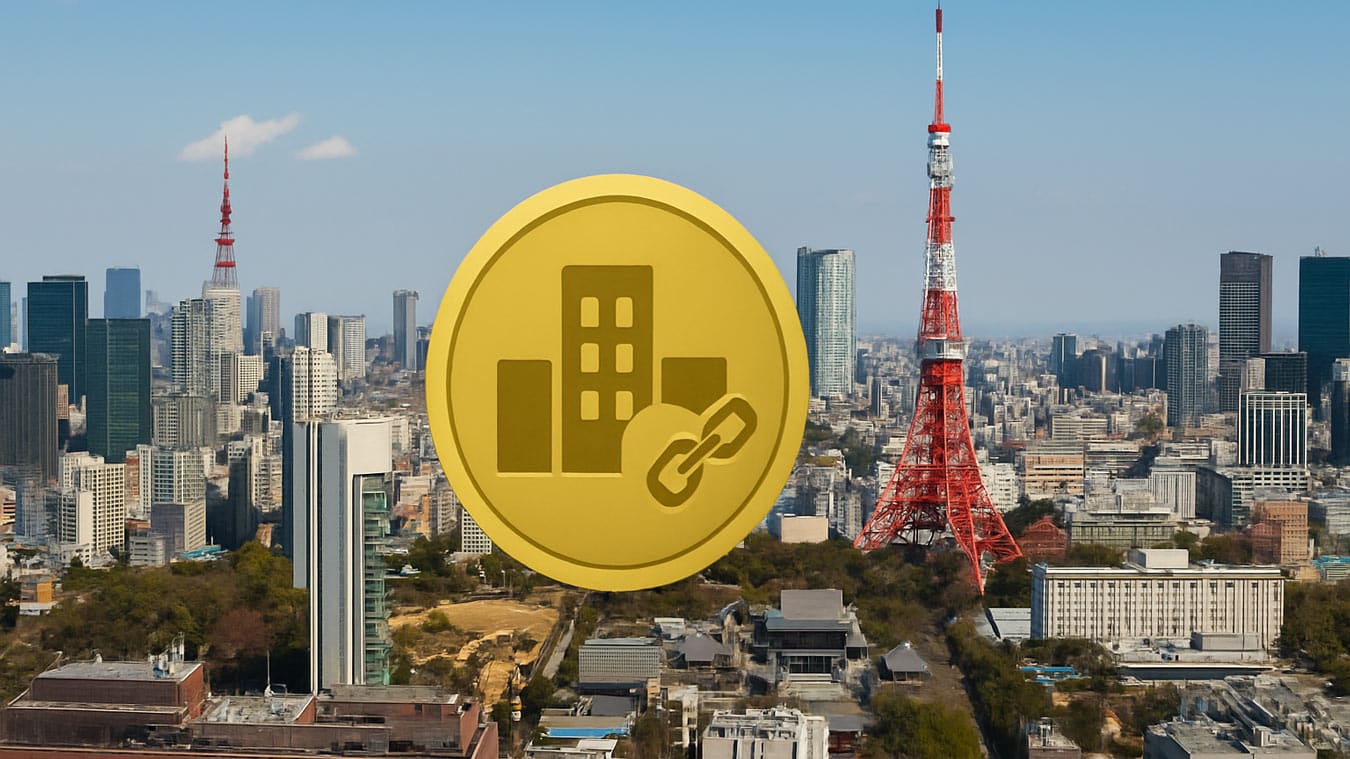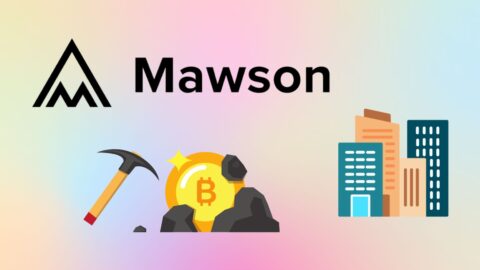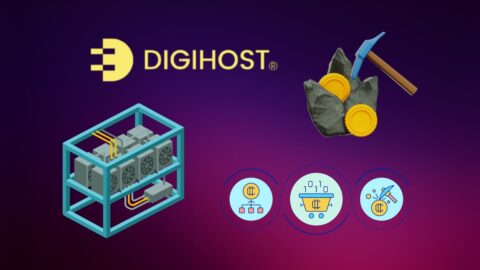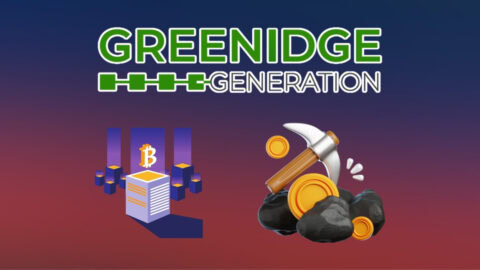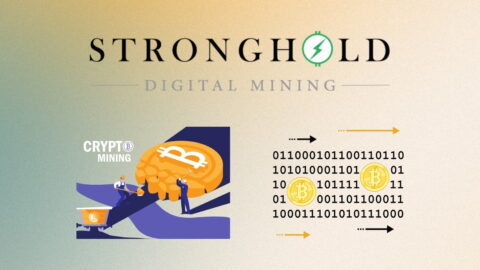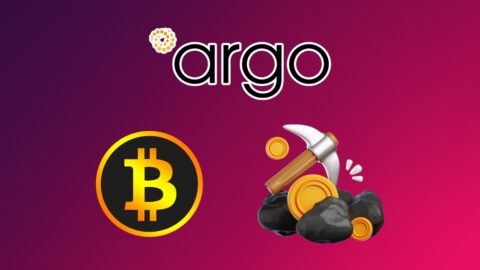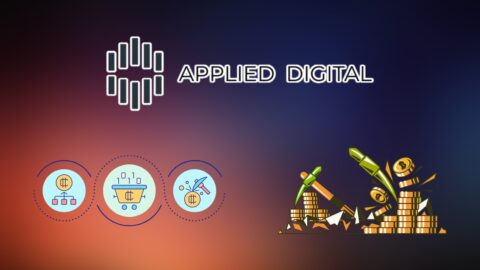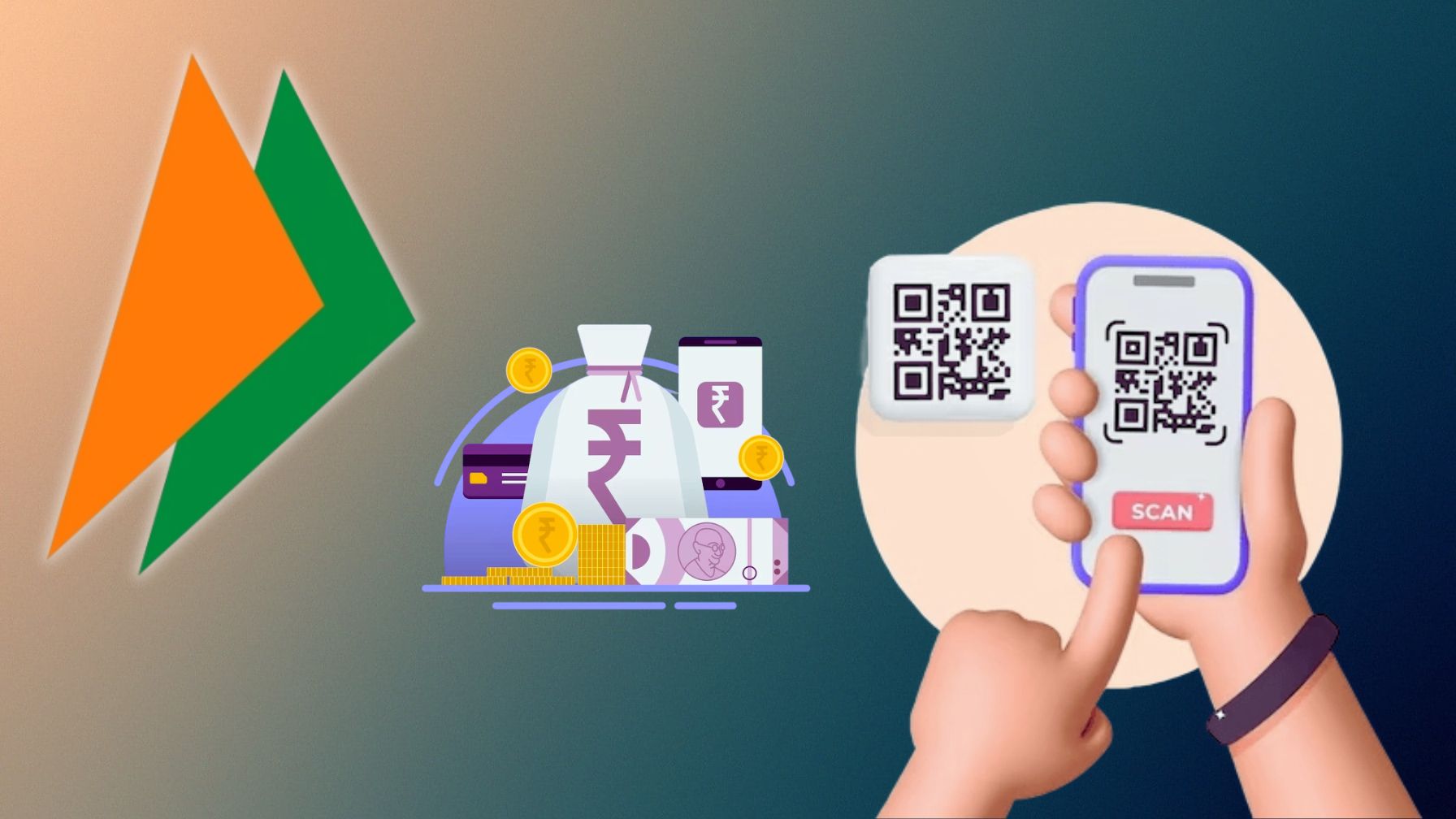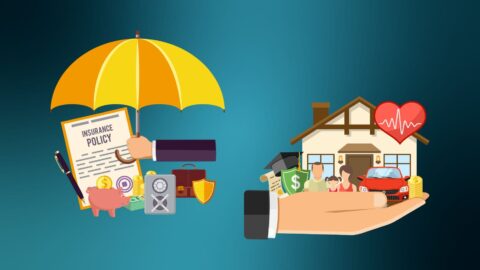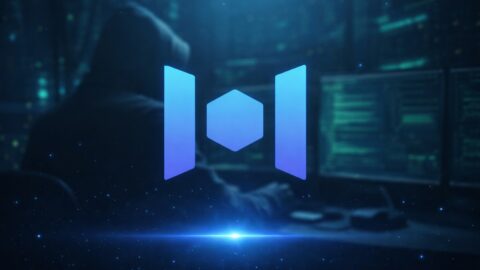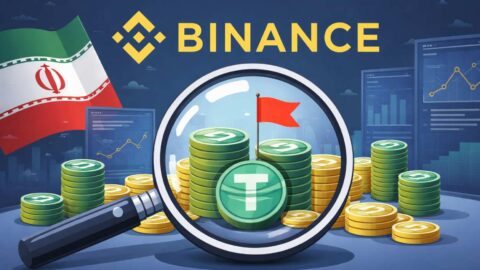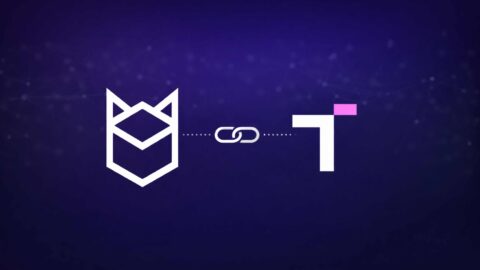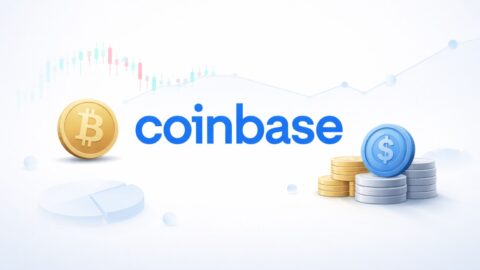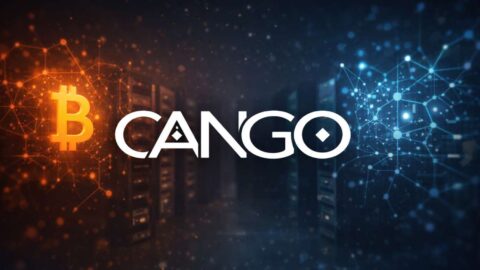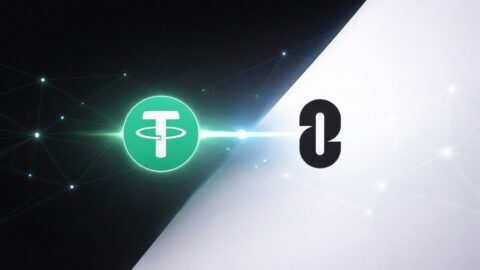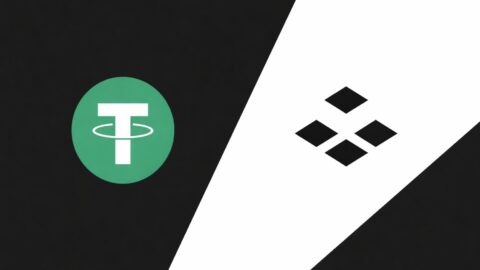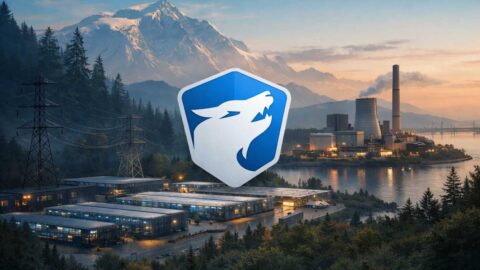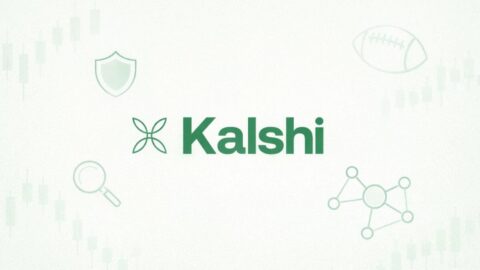Gates Inc. is set to tokenize $75 million in prime Tokyo property using the Oasys blockchain, signaling one of Japan’s boldest real estate-tech crossovers yet.
Key Takeaways
- 1Gates Inc. will tokenize $75 million worth of central Tokyo property using Oasys blockchain.
- 2The project aims to simplify access for foreign investors and expand globally.
- 3Gates plans to tokenize over $200 billion in assets, about 1% of Japan’s total market.
- 4Real estate tokenization is rapidly gaining traction worldwide with trillion-dollar potential.
Is Japan finally cracking the real estate code for foreign investors? With blockchain in hand, Gates is stepping into the future of property investing. And they’re not stopping at Tokyo this is just phase one.
Gates to Tokenize $75M in Tokyo Property on Oasys Blockchain
A Landmark Step in Japanese Real Estate
Japanese real estate investment firm Gates Inc. has announced plans to tokenize $75 million worth of income-generating properties in central Tokyo using the Oasys blockchain. The move marks one of Japan’s largest blockchain-backed real estate initiatives to date.
The goal? To make the notoriously complex Japanese property market more accessible to foreign investors. By turning real estate ownership into digital tokens, Gates aims to eliminate barriers such as language, legal costs, and regulatory red tape.
According to CEO Yushi Sekino, the company is building “next-generation investment infrastructure” that makes Japanese real estate globally accessible. He added, “We will add firm value to Japan’s highly reliable real estate assets by means of tokens that combine profitability and utility.”
Bigger Plans on the Horizon
While this initial $75 million project is significant, Gates has its sights set on much more. The company aims to eventually tokenize over $200 billion in assets, which would represent approximately 1% of Japan’s $20.5 trillion property market.
To ensure regulatory compliance, tokens will be issued through an overseas special purpose vehicle (SPV). Sekino noted the firm has secured the necessary licenses in Japan and is working with global partners to meet legal standards in other markets.
Gates, founded in 2012, provides end-to-end investment services and posted $145 million in revenue in 2024. It was also listed on the Financial Times’ High-Growth Companies Asia-Pacific 2023 and is preparing for a potential Nasdaq listing, having already filed an F-1 prospectus.
Oasys Expands from Gaming to Real Estate
The project is powered by Oasys, a layer-1 blockchain that originally focused on the gaming industry. The network has recently pivoted to real-world asset (RWA) tokenization, expanding into finance and property sectors.
“Oasys is building a token economy that automatically reinvests returns to maximize compounding effects,” said Ryo Matsubara, founder and representative director of the platform. He highlighted the opportunity to extend Japan’s valuable cultural and financial assets into the digital realm.
Oasys’ Japanese roots could make it a strategic bridge for international investment in local assets, including possible future tokenization of Japanese gaming and anime intellectual property.
Real Estate Tokenization Gains Momentum Worldwide
Gates and Oasys are not alone in chasing the tokenization trend. Around the world, the idea of bringing real estate into the blockchain age is heating up:
- Dubai’s tokenized property market already hit $18 billion.
- New Jersey is digitizing $240 billion in property deeds.
- Deloitte forecasts the global tokenized real estate market could exceed $4 trillion by 2035, a dramatic increase from under $300 billion in 2024.
- On June 5, APS, a Pan-European fund manager, bought $3.4 million in tokenized assets through blockchain platform MetaWealth.
Clearly, the future of property investment may not involve a deed but a digital token.
CoinLaw’s Takeaway
I love seeing this kind of real-world use case for blockchain. Gates isn’t just hopping on a trend. They’re solving a very real problem: Japan’s real estate market is incredibly hard for outsiders to navigate. If this tokenization model works, it could unlock trillions in global capital and completely reshape how people invest in property. Add Oasys to the mix and you’ve got a blockchain project with real utility, not just buzzwords. This is the kind of smart, scalable innovation I want to see more of.

